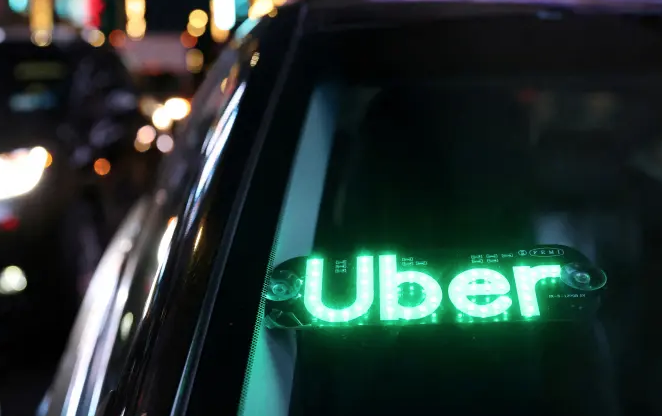
The ride service claims it will offer riders competitive pricing and reinvigorate the taxi industry in Israel.
On Sunday, San Francisco-based tech company Uber announced that it is relaunching operations in Israel and appointing a new Israel general manager. In addition, Uber has committed to operating with licensed taxis in Israel.
Uber will offer competitive service fees to drivers, and the company emphasized service to riders as its top priority. That said, drivers aren’t being left out in the cold either: contrary to current competitors in Israel, Uber will not charge drivers an upfront monthly fee and reserves the most competitive service fee for drivers who provide excellent service.
Over the past few months, Uber has accelerated its efforts to onboard taxi drivers to its platform in Israel, focusing on Tel Aviv and Jerusalem. The company noted today that its efforts have been well received by taxi drivers, several thousands of which have now onboarded to its platform, alongside growing demand from international travelers. With that, the company stressed that it is working to improve driver availability on its platform, primarily during peak hours.
This move offers a breath of fresh competitive air to the rides-as-a-service market in the startup nation. “We are relaunching operations in Israel to contribute to the modernization of the taxi industry in Israel, providing world-class service to riders and enabling taxi drivers to increase earnings,” said Gony Noy, Uber Israel’s newly-appointed general manager.

What’s Uber been up to the past year?
Over the past year, Uber has added more than 150,000 licensed taxi drivers to its platform worldwide. In March, Uber announced that it signed a strategic partnership in New York to onboard 14,000 yellow taxis to the company’s app. In April, the San Francisco Municipality endorsed more than 1,000 taxis joining Uber’s platform and in May Uber signed an agreement with Italy’s largest taxi company and added 12,000 taxis to its platform.
Similar agreements have been signed in Spain, Germany, Austria, Hong Kong and South Korea. Uber is expected to sign similar strategic partnerships in Israel in the future.
Israel’s taxi industry is currently undergoing a major trial, as gas prices in the country continue to surge. Most recently, the price has climbed to NIS 8.08 shekels per liter, a record high in recent years and the latest in a long series of increases as fuel prices explode worldwide.
Unless Uber plans to subsidize gas for its drivers, they will also be faced with this issue — but the competitive pricing could be enough to see them through the current hardship.
“They keep raising prices. I have a family, kids — everything just keeps getting harder and harder,” said Yossi, a Tel Aviv cab driver, following a prior price hike last month. “It’s a big percentage of my paycheck, gone.”
One cabbie, Ephraim, has found a temporary solution: “I drive a hybrid, so I’m pretty unbothered,” he said.
The rising cost of gas coupled with the increased competition in the taxi-service space in Israel could lead to a rise in interest in Electric Vehicles, though that may take a while to manifest. At the moment, hybrid drivers like Ephraim are unbothered. “At the moment, it doesn’t really affect me. Business is fine.”